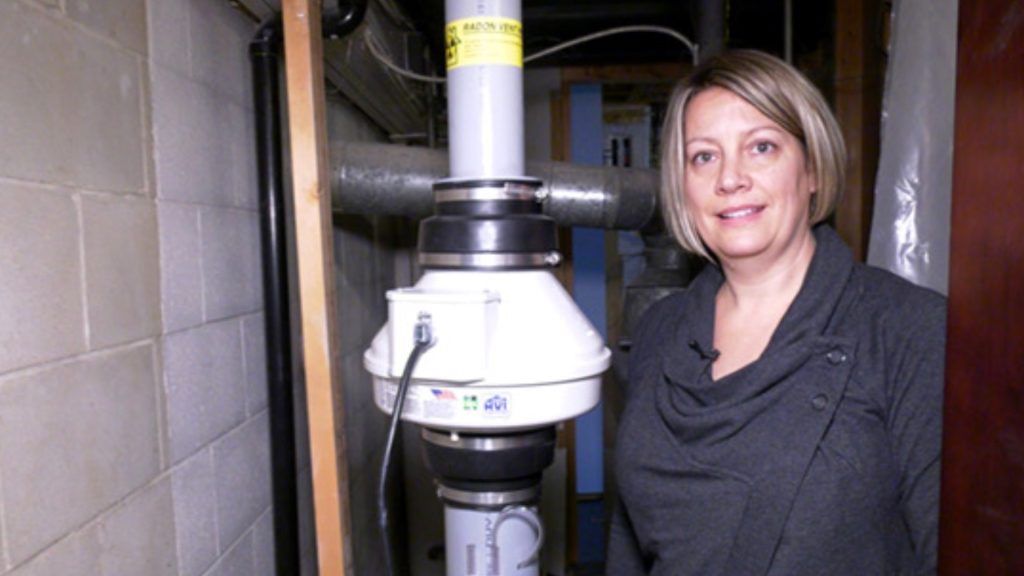Radon, a colorless and odorless radioactive gas, poses a serious health risk when it accumulates in indoor spaces. As a business owner, ensuring the safety of your employees and customers is paramount, making commercial radon mitigation services a critical investment. This guide aims to provide you with comprehensive insights into commercial radon mitigation, helping you make informed decisions to create a safer work environment. Radon is a natural byproduct of the decay of uranium in soil and rocks. It can seep into buildings through cracks in foundations, floors, and walls. Prolonged exposure to elevated levels of radon has been linked to lung cancer, making it essential for commercial establishments to address this potential hazard.
Assessment and Testing:
Before diving into mitigation strategies, it is crucial to assess the radon levels in your commercial space. Professional radon testing services can accurately measure concentrations and identify areas of concern. Regular testing ensures that you stay ahead of potential issues and can take prompt action if elevated levels are detected.
Choosing Mitigation Services:
When selecting a commercial radon mitigation service, consider their experience, expertise, and reputation. Look for companies with certified professionals who adhere to industry standards and regulations. A reliable mitigation service should conduct a thorough site assessment, identifying entry points for radon and tailoring a mitigation plan to suit your specific commercial space.

Mitigation Techniques:
Commercial radon mitigation employs various techniques to reduce indoor radon levels. The most common method is sub-slab depressurization, which involves installing a ventilation system to draw radon from beneath the building and expel it outside. Other techniques include positive pressurization, which involves increasing air pressure within the building to prevent radon entry, and the use of radon-resistant building materials.
Compliance with Regulations:
Ensure that the chosen mitigation service is well-versed in local and national regulations regarding radon levels in commercial spaces. Compliance with these regulations not only protects the health of your occupants but also shields your business from potential legal issues. Reputable mitigation services should guide you through the regulatory landscape, helping you meet and exceed safety standards.
Maintenance and Monitoring:
Mitigation systems require periodic maintenance and monitoring to ensure their effectiveness over time. Regular checks and adjustments by professionals will guarantee that the system continues to operate optimally. Mitigation services should provide ongoing support and monitoring programs to safeguard against any fluctuations in radon levels and learn more about clean vapor.
Educating Occupants:
Communication is key when it comes to radon safety. Educate your employees and customers about the potential risks of radon exposure and the measures in place to mitigate them. Promote a culture of awareness, encouraging individuals to report any concerns promptly. Regular communication can help maintain a sense of transparency and trust within your commercial space.
Prioritizing the safety of your commercial space by investing in radon mitigation services is a strategic decision that pays off in the long run. By understanding the threat, choosing reliable services, complying with regulations, and maintaining open communication, you can create a safer and healthier environment for everyone associated with your business. Strive for safety, and make commercial radon mitigation a cornerstone of your commitment to well-being.




